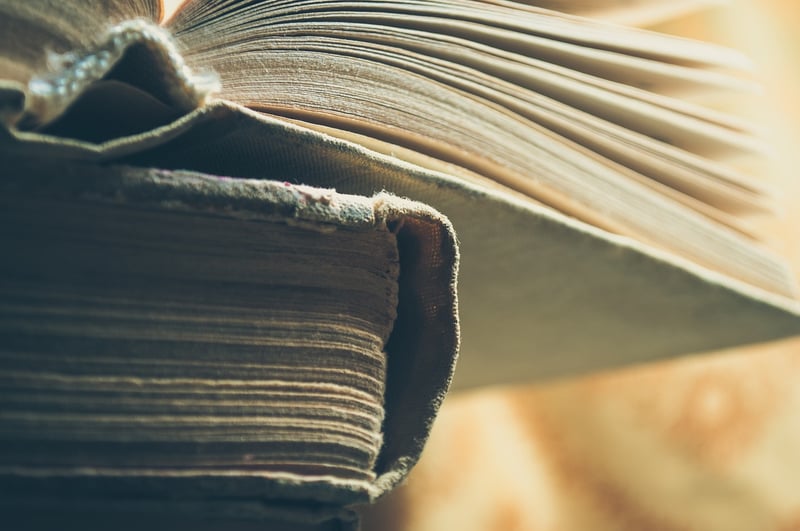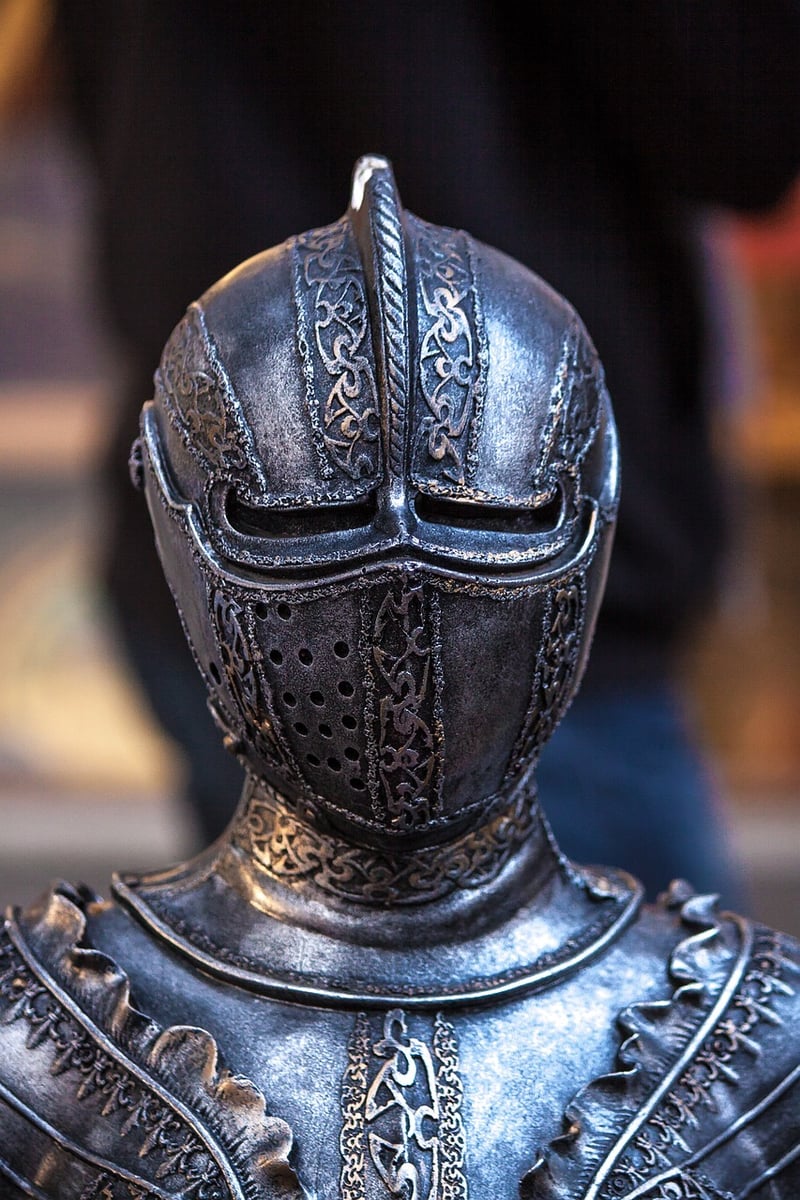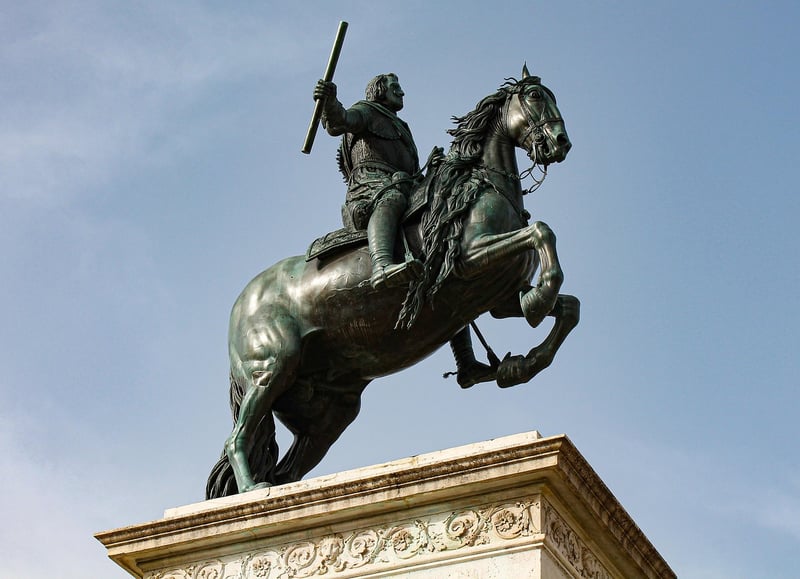Historical Fiction
The Intriguing Interplay of Time in Historical Fiction
Historical fiction, a genre that weaves fictional narratives into real historical events, provides a captivating canvas for authors to explore the concept of time. Time, a multifaceted element, serves as both a backdrop and a character in these narratives, shaping the plot, characters, and themes in profound ways.
The Influence of Time on Setting
In historical fiction, time functions as a crucial component of the setting, transporting readers to different epochs with vivid descriptions of the past. Through meticulous research and attention to detail, authors recreate bygone eras, allowing readers to immerse themselves in worlds long gone yet vividly brought back to life through the pages of a book.

Character Development Across Time
Time in historical fiction also plays a pivotal role in character development. As characters navigate through the historical landscape, they evolve, influenced by the events, social norms, and challenges of their time. Readers witness the growth, resilience, and adaptability of characters as they confront the trials of the past.

Exploring Themes of Time
Moreover, historical fiction delves into intricate themes related to time such as continuity, change, memory, and legacy. Authors skillfully intertwine these themes with historical events, offering readers a profound reflection on the passage of time and its impact on individuals and societies.
Recommended Reads:
- The Nightingale by Kristin Hannah
- The Book Thief by Markus Zusak
- All the Light We Cannot See by Anthony Doerr
Historical fiction, with its intricate dance with time, offers readers a unique opportunity to traverse through history, experience the past, and contemplate the enduring influence of time on the human experience.
